Italian Food Culture in Puglia
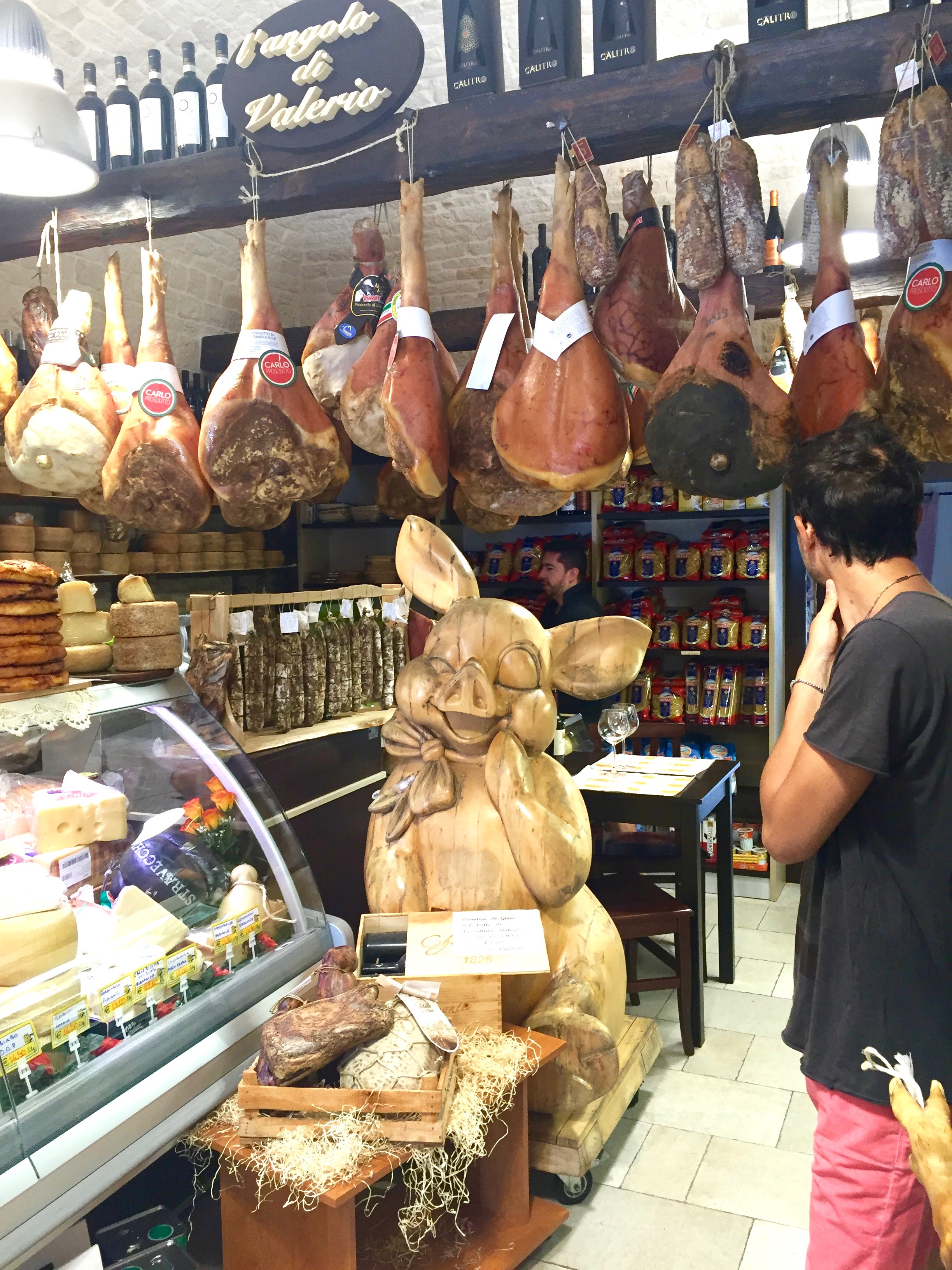
Pugliese food can be described in one word: abondante. The food culture in the South of Italy is comprised of an abundance of flavors, ingredients, and cooking styles. Most "typical" Italian foods come from the North, while Southern cooking came as a bit of a surprise for someone who only knew Italian food as pizza, spaghetti and meatballs, and fettuccine alfredo before traveling here. (Sidenote: despite the notoriety of this dish in the US, fettuccine alfredo does not exist in Italy; props to Alfredo and his great marketing tactics in America).
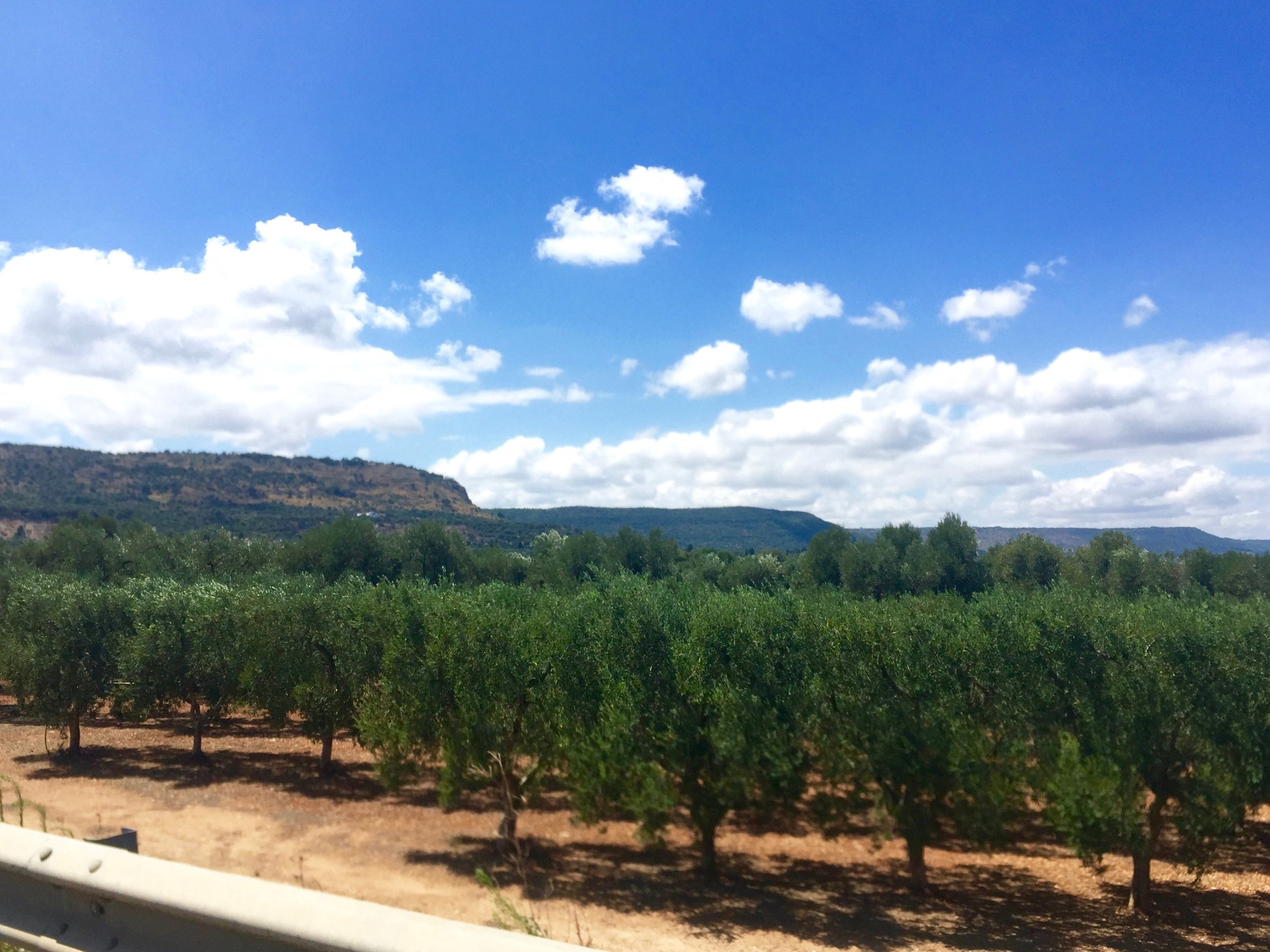
Food from Puglia is typically rustic, with special attention paid to a few choice ingredients. While I spent a week exclaiming, "but how can everything be so good??" it's easy to understand when you take into account the acres of farmland all over the region that cultivate fruits, vegetables, and grains, and the surrounding coastline where fish and shellfish are harvested daily. Puglia produces about 40% of Italy's olive oil, a vast quantity of wine, and delicious regional smoked meats and fresh cheeses.
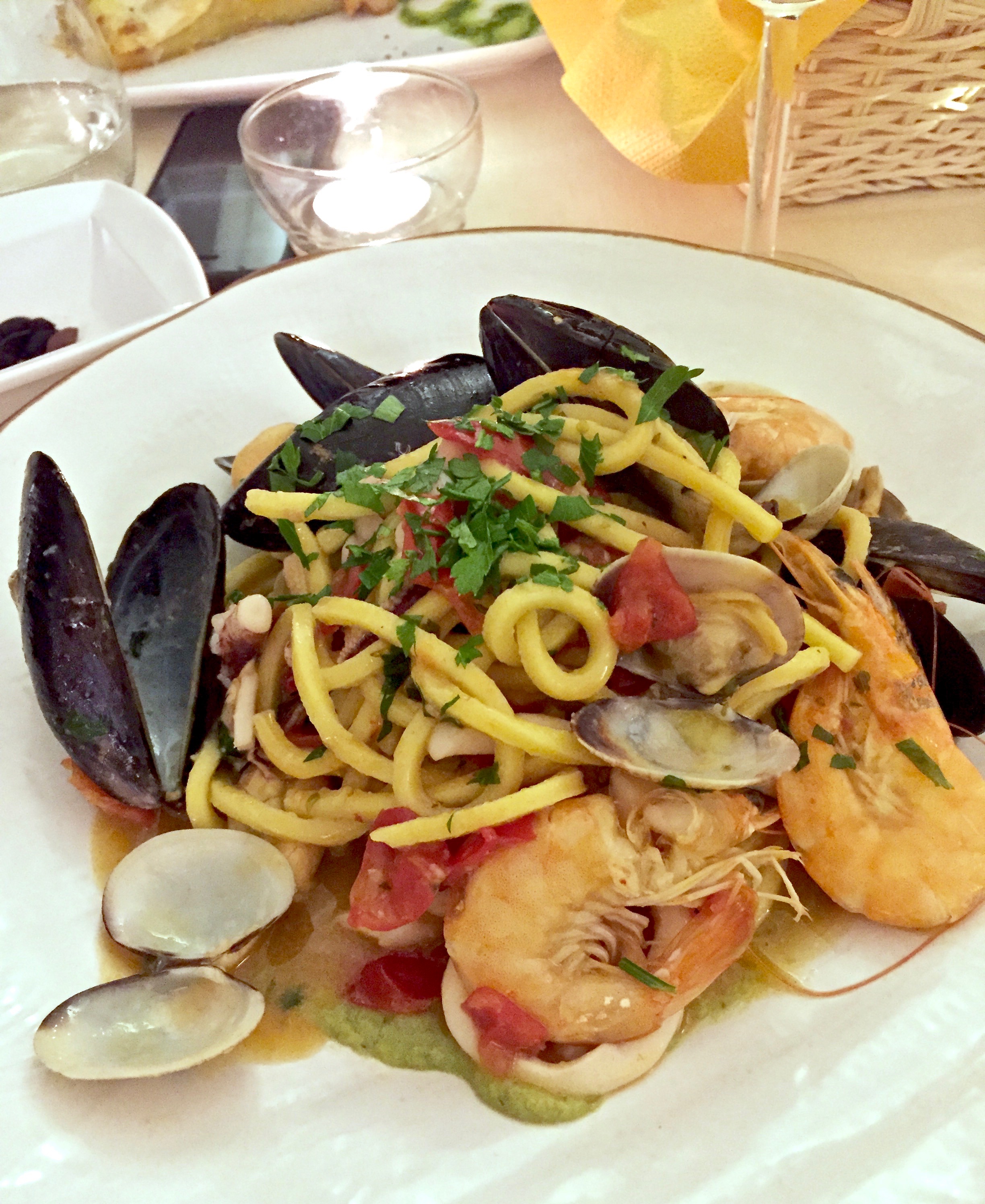
August in Puglia is full of sagre, or food festivals, where small towns in the region celebrate their regional specialities in the town center. Attending a sagra is a fantastic way to eat some great, inexpensive food, and try new local dishes. I went to a salsiccia sagra, where they served sausages, fries, and what looked like a delicious ragu. I was a little surprised to find that instead of pork or beef, the meat in the red sauce was actually horse. Horse meat, along with its less exciting counterparts of lamb and pork, have historical importance in traditional Pugliese dishes.
On a less exotic note, the bread in Puglia is absolutely amazing. Every single day on vacation, we started our morning with a trip to the local Forno to pick up focaccia with mozzarella and prosciutto, pucce (small balls of tomato and olivey deliciousness), and bread. This bakery inevitably had a 10-15 minute line because hordes of Galatone locals would come by in the morning to pick up food for the day, calling out to the group of signore in the back who were constantly in the process of baking something.
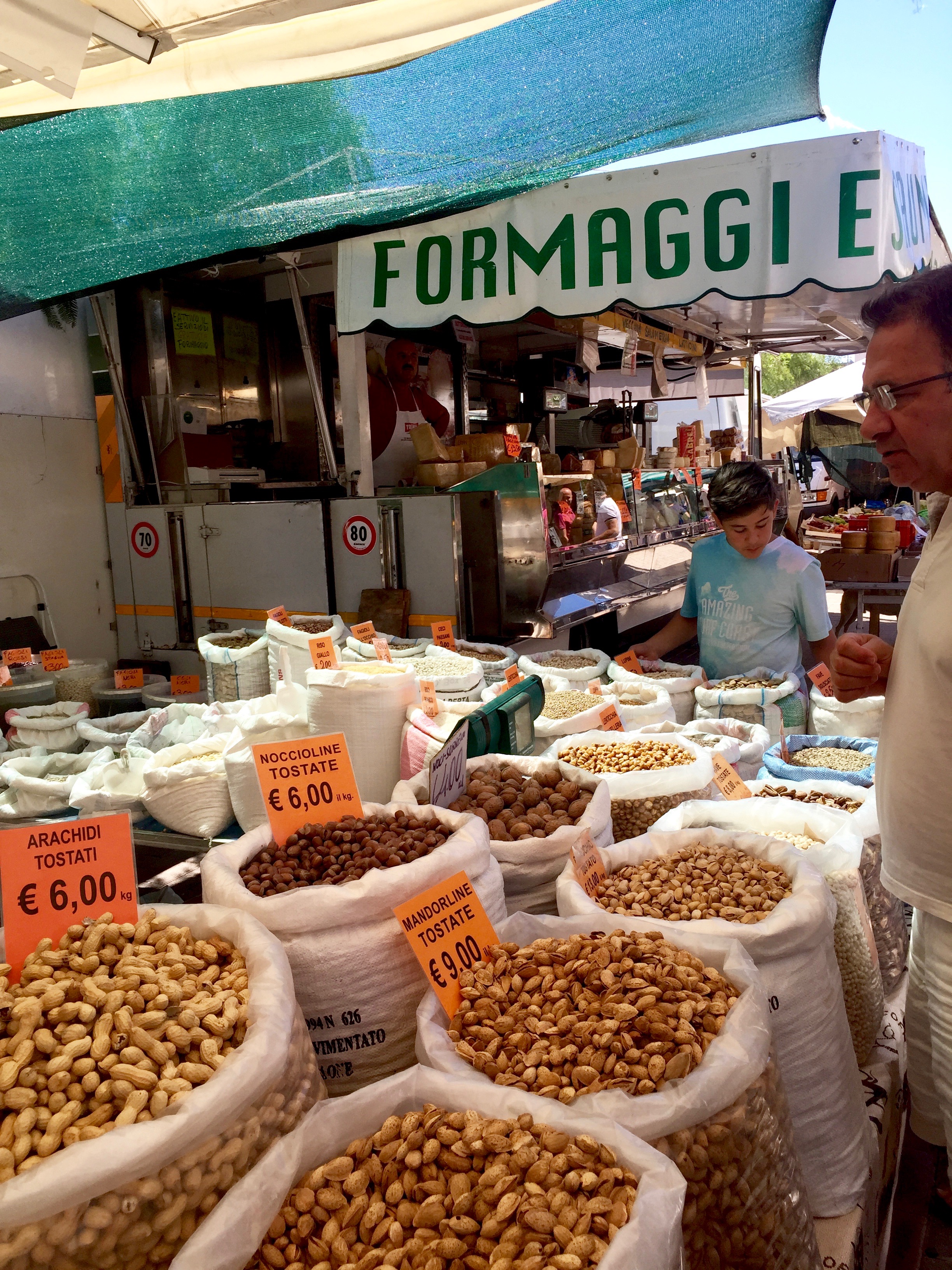
This is quite the contrast to the American style of grocery shopping that I was used to before moving to Italy, i.e., visiting a huge store once every week or two weeks, to pick up food that lasts at least a month. One thing I really appreciate about living here is how fresh and organic all of my produce is and the change of lifestyle that I've made by shopping more frequently. There really is nothing better than heading out in the morning, 3 times a week, to visit my favorite baker, butcher, fruit/vegetable stand, and finally a small market for non-perishables. While it takes me more time than it did in the US, I love chatting with the shop owners, practicing my Italian, and knowing that everything I'm buying is great quality.
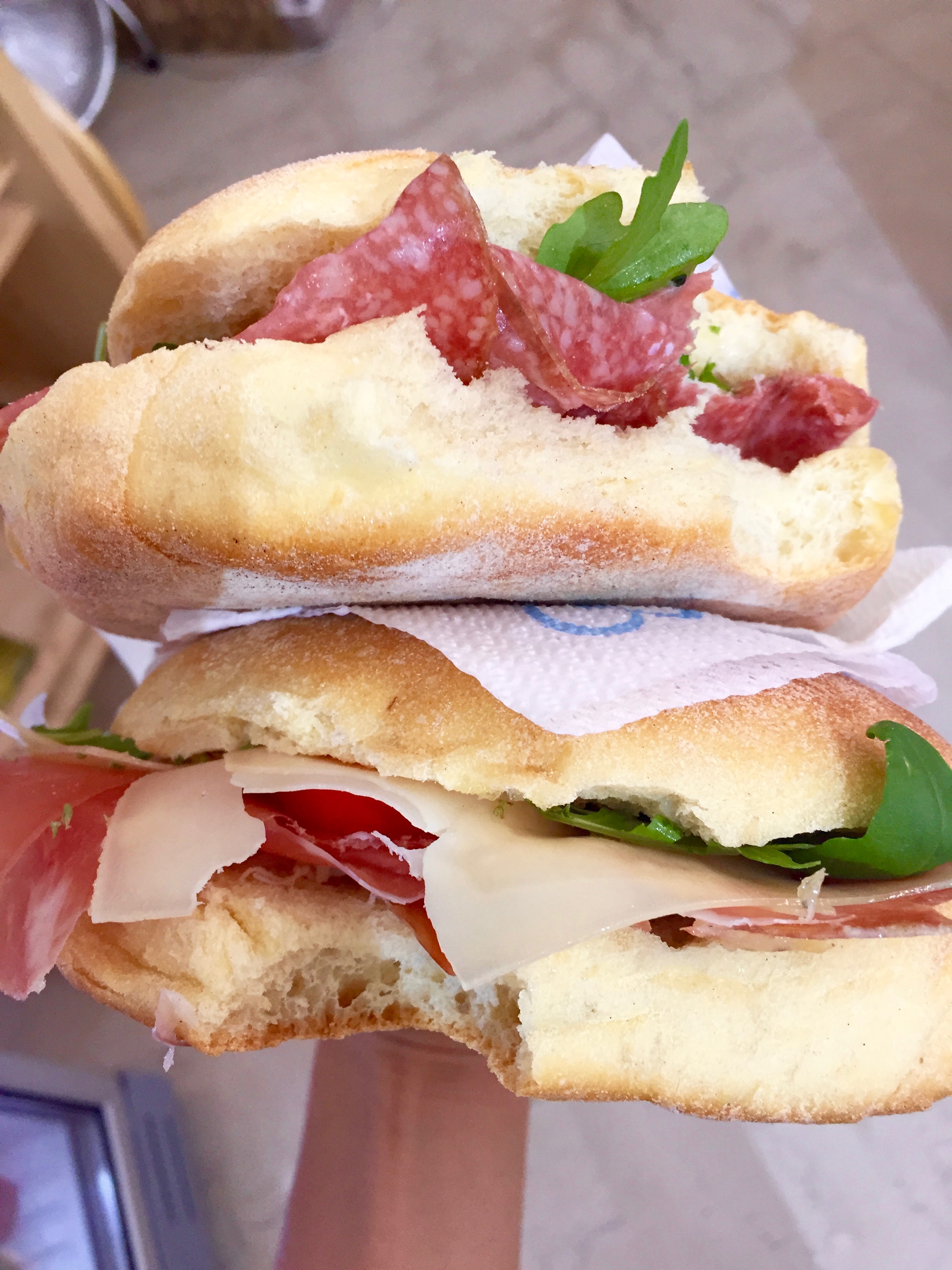
If you take a walk along the streets of a city in Puglia, you'll see women outside their homes making homemade orrechiette pasta. Fishermen are coming in with their catch of the day to sell to restaurants and restaurant owners are writing their daily specials on signs outside. You can stop by a bar to get the iced coffee that the baristas are so proud of, or pick up a panino with salame and cheese brought in from a farm 10 minutes outside of the city. It's a magical place.
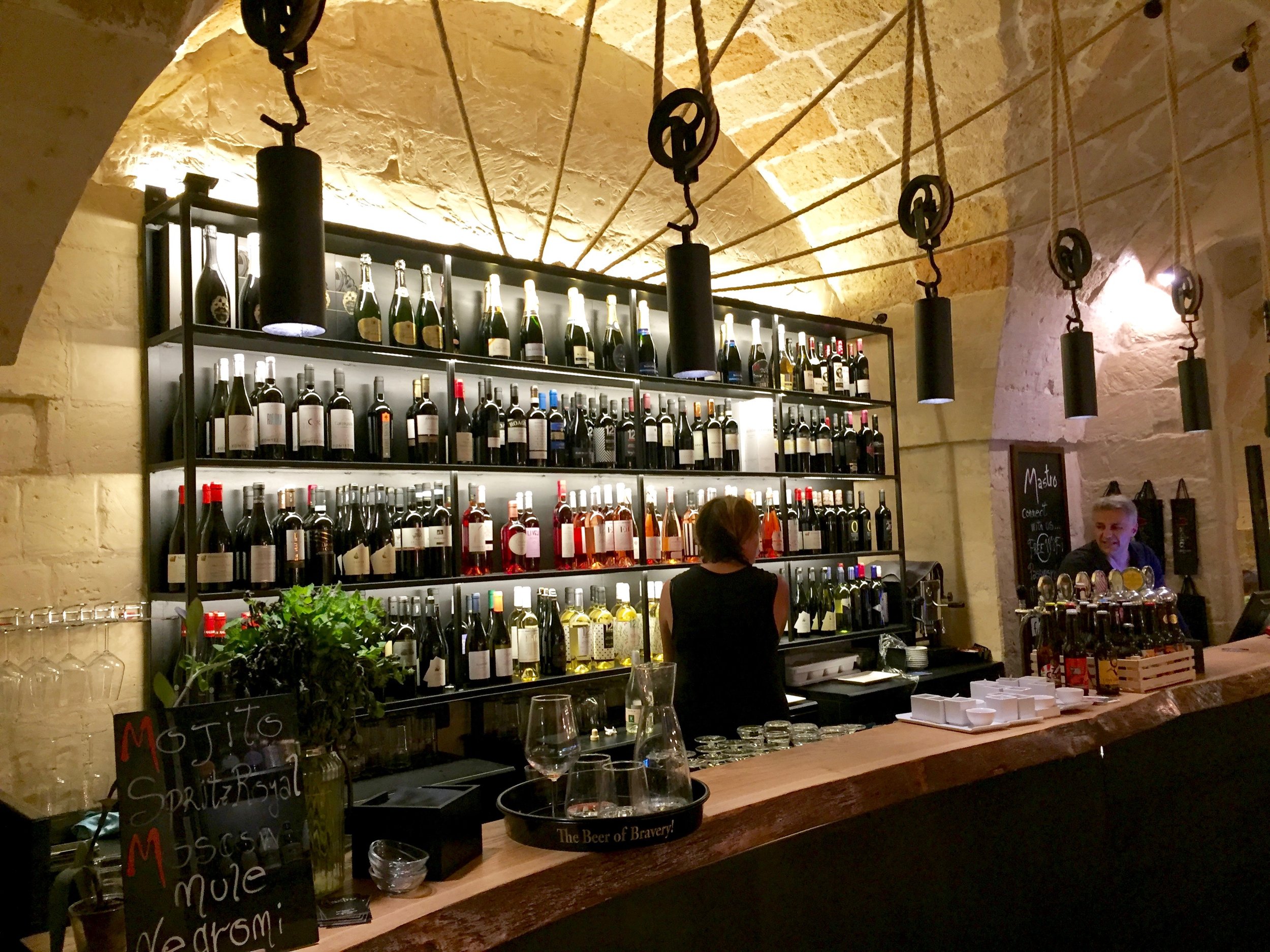
Southern Italian food epitomizes the cultural differences between Americans' and Italians' attitudes towards food. Food is made daily and with passion, and what isn't there to love about that?

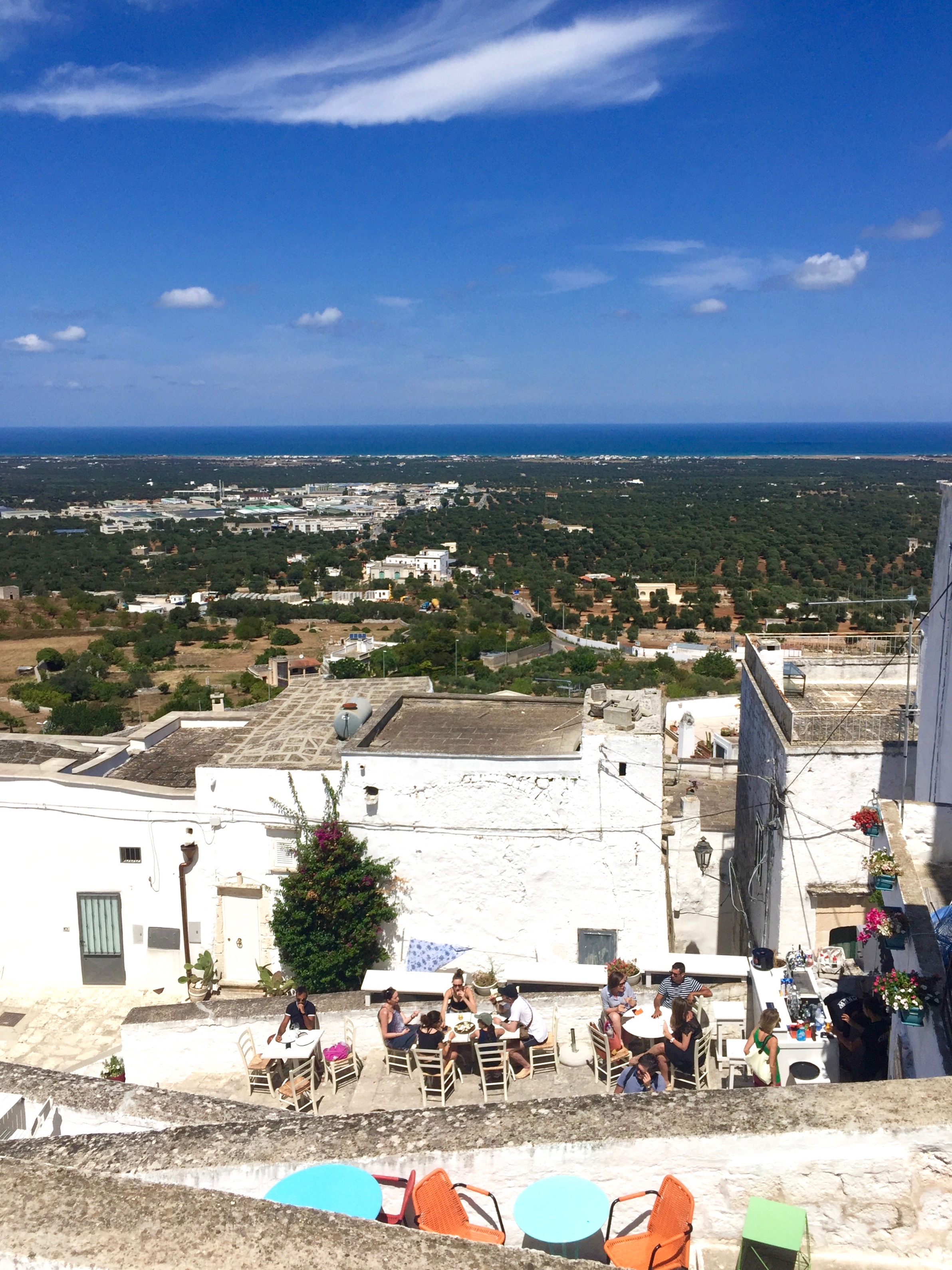
If you want to try to experience this lifestyle but can't find time to pop over to Puglia just yet, try visiting local markets and speciality stores in your town, or signing up for a CSA. If you're in Rome, Eataly's hosting an event celebrating Southern Italian food this weekend. The "Festa del Sud" will showcase different food vendors from Southern Italian regions.

